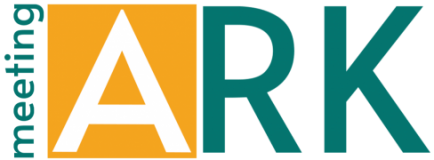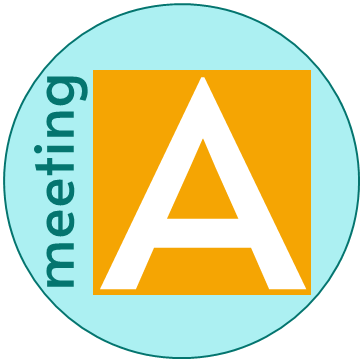To Record or Not to Record?

One common theme to almost all meetings is the necessity to take some form of recording of the session and of any outcomes.
In some cases this may need to be a laborious and extremely accurate and comprehensive style of recording of every utterance and action during the meeting. This is most common in highly political discussions or those in the public interest. These require high precision and totality of content that may be required for later evidence or interrogations. Parliamentary dealings are a typical example i.e. the Hansard recordings.
In other cases it may only need a record of actions agreed and their owners and timeline allocations. These would be most usual business type meetings requirements.
Yet another possibility is meetings where no recordings are made at all formally. Military, security or commercially secret sessions would most likely not want formal recordings taken and documented for obvious reasons.
There is, however, another style of meeting and recording where recordings are neither comprehensive nor totally secret. These are where they are held under the ‘Chatham House rule’. The Rule reads as:
“When a meeting, or part thereof, is held under the Chatham House Rule, participants are free to use the information received, but neither the identity nor the affiliation of the speaker(s), nor that of any other participant, may be revealed.”
The rule is a system for holding debates and discussion panels on controversial topics, named after the headquarters of the UK Royal Institute of International Affairs. This is an independent policy institute and a trusted forum for debate and dialogue based in Chatham House, London, where the rule originated in June 1927.
The Chatham House Rule Is normally used on ‘brainstorming’ or similar open voiced creative sessions where contributions may be very sensitive, socially or legally questionable or downright apparently impractical. This rule would be a pre-agreed guide for running an event, particularly when issues of a sensitive nature are to be discussed.
In a polarised world, used effectively, the Chatham House Rule helps to bring people together, break down barriers, generate ideas and agree solutions.
The idea being that it helps create a trusted environment to understand and resolve complex problems with no holds barred on potential inputs until workable ideas or outcomes can be assessed. Its guiding spirit is to allow the sharing of the information created, but without revealing the identity of (and thereby possibly embarrassment or detriment) those who said it. Political legislative creation debates pre green paper creation or scientific or commercial new development creative sessions would be examples of where such a rule may be enacted.
The advantage of such a session is that it allows for all unpalatable or incredible views to be explored as well as the obvious and a true lateral thinking environment to flourish.
Disadvantages can be:
(1) although in spirit no record is kept of any of the more outlandish inputs, this does not mean that those present may remember them afterwards and maintain a judgement on you in ‘private’.
(2) If really inventive and/or laudable outcomes are produced and published those will be attributed either to a (possibly anonymously attended) group or maybe to the named chair. This means that any ‘brilliant’ contribution by individuals will not be acknowledged….a consideration for those eager for recognition perhaps.
(3) Since no one is named as contributing then in converse, they cannot plead innocence to any controversial outcomes that later emerge (or are leaked dishonourably).
So if invited to such sessions be clear on the pros and cons when defining your participation.




Leave a Reply